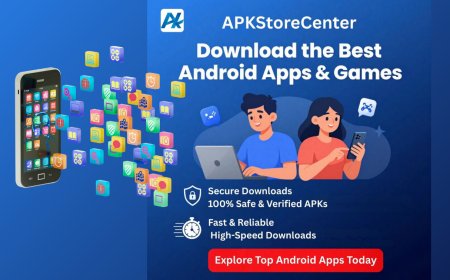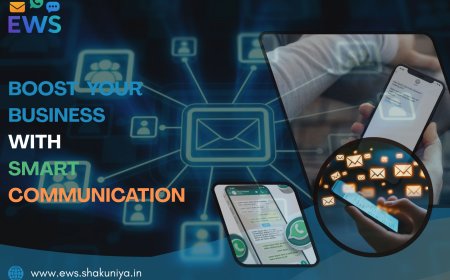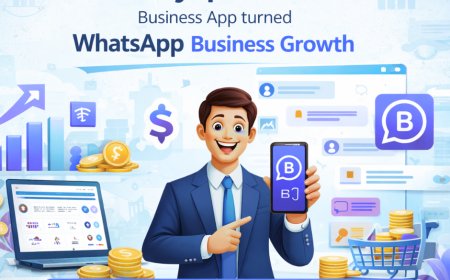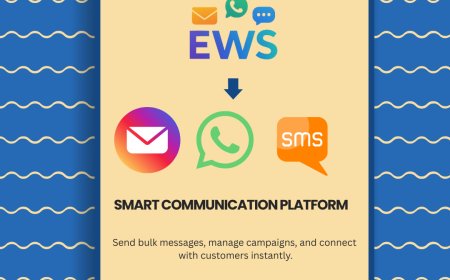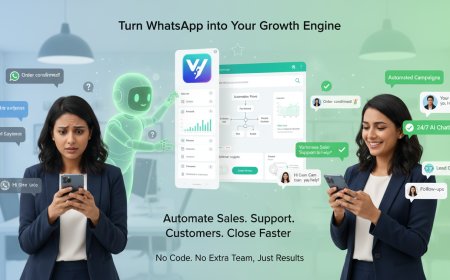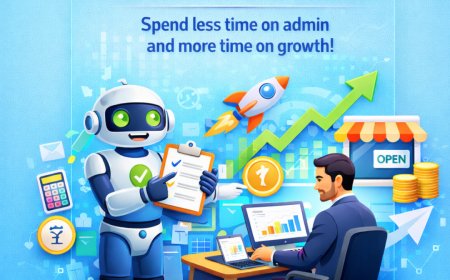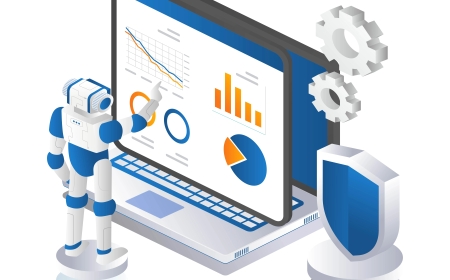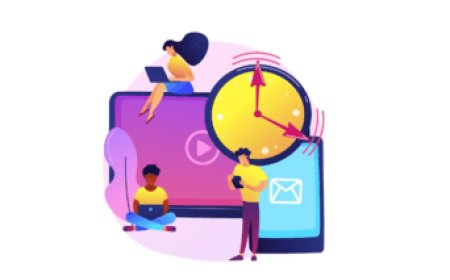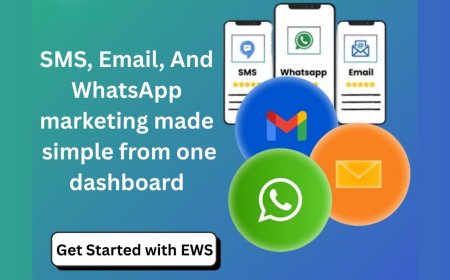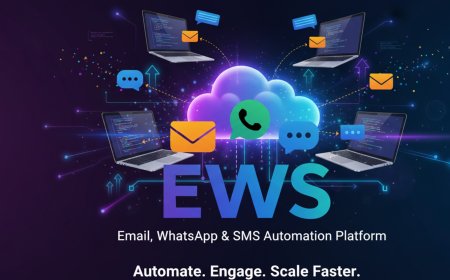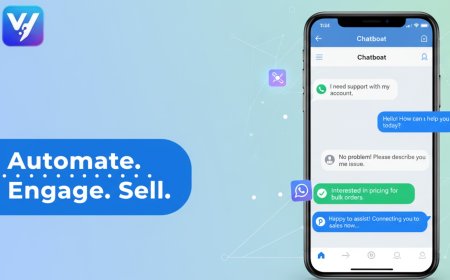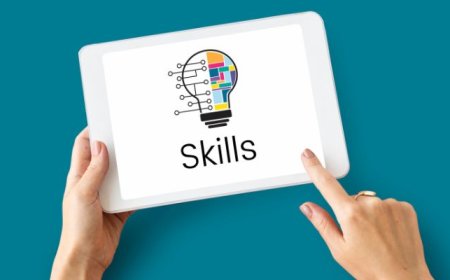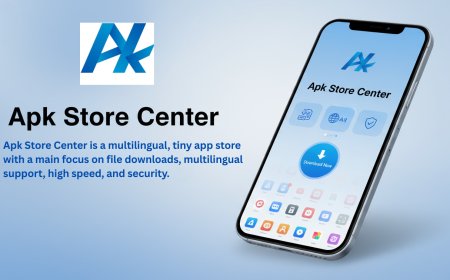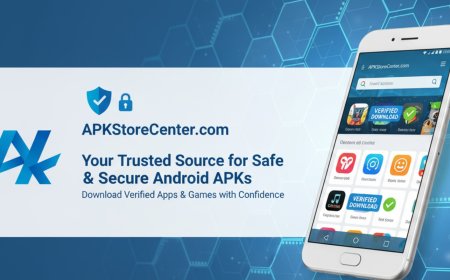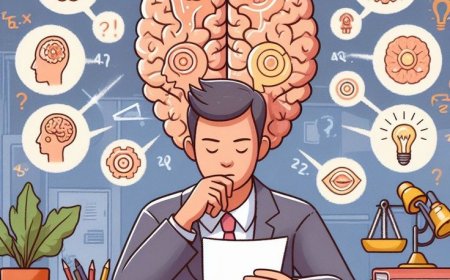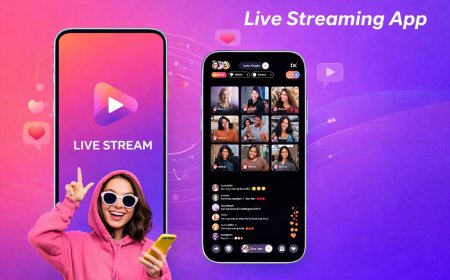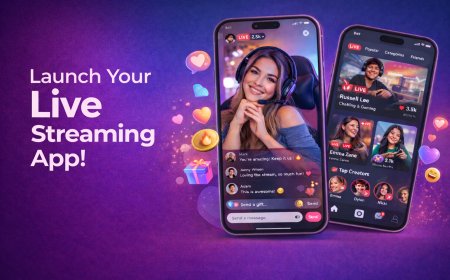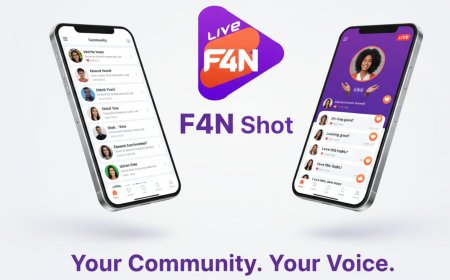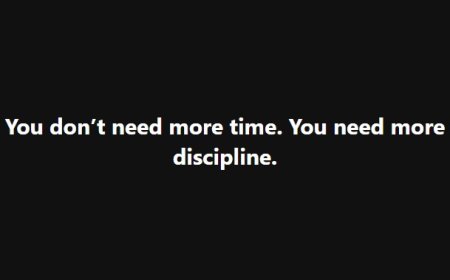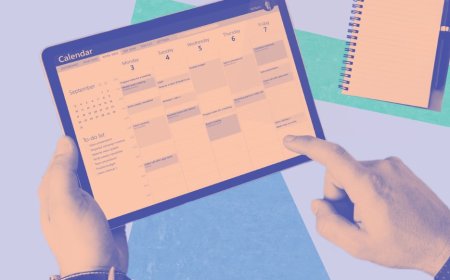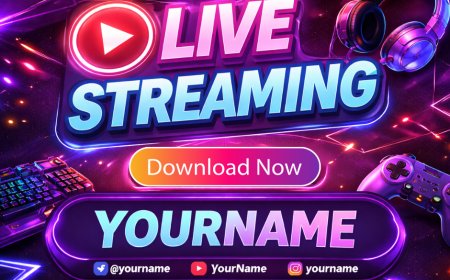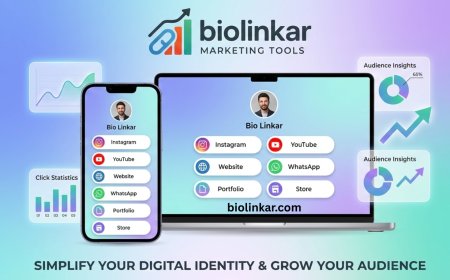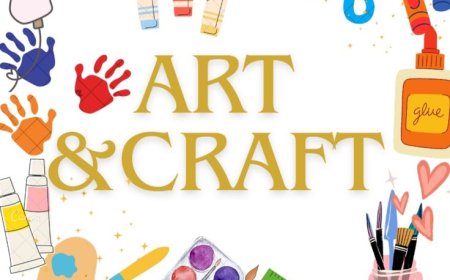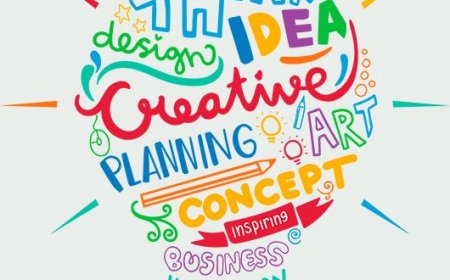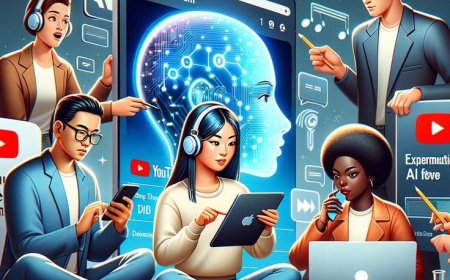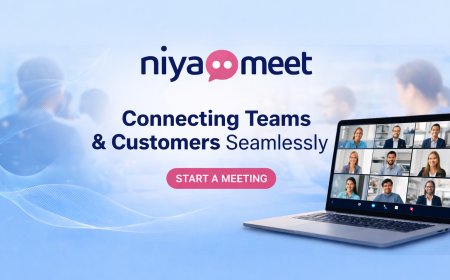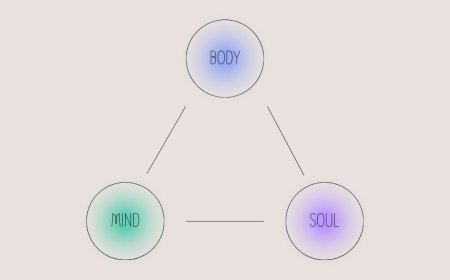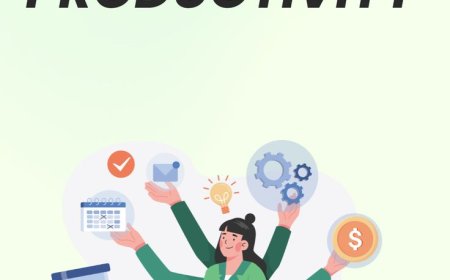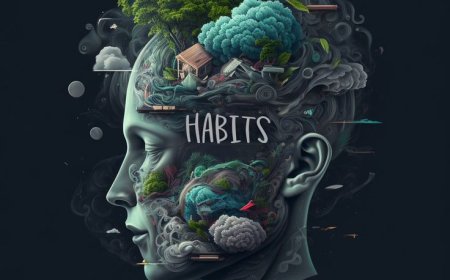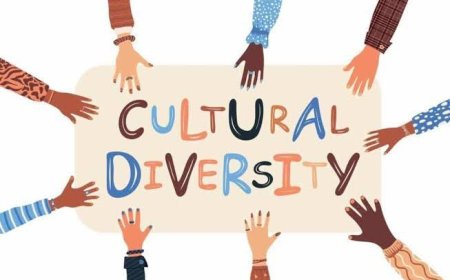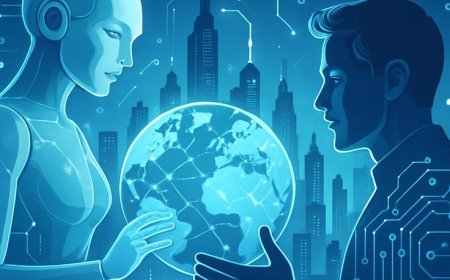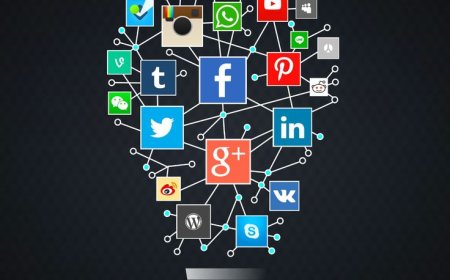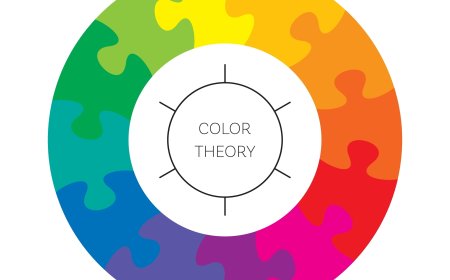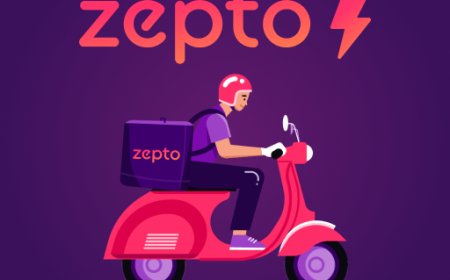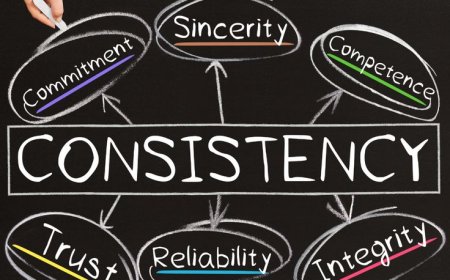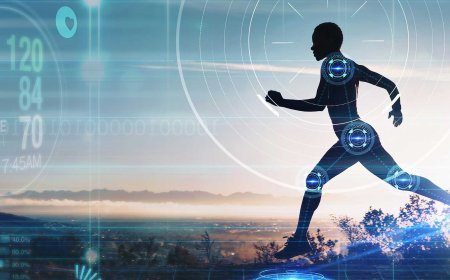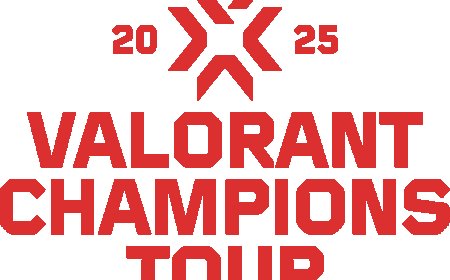India’s EdTech 2.0 The Shift to Skills, Not Syllabi
India’s EdTech sector is shifting from course-focused learning to outcome-based, skill-driven education. Explore how microdegrees, job-linked bootcamps, and industry-aligned training are shaping the future of workforce development in India.

For nearly a decade, India’s EdTech story was defined by hypergrowth.
Massive marketing budgets, celebrity brand ambassadors, discounted courses, and aggressive tele-sales pushed online education into millions of homes.
Then came the pandemic — and overnight, online learning became the norm. Classrooms moved to Zoom. Coaching classes launched apps. Even parents who once resisted digital learning became comfortable with screens.
But what followed was a market correction.
As schools reopened and funding slowed, many EdTech companies faced:
- Declining enrollments
- High customer acquisition costs
- Unsustainable business models
- Consolidations, layoffs, and shutdowns
The era of “growth at any cost” came to an end.
And yet — the EdTech story is far from over.
The industry is now entering its maturity phase:
EdTech 2.0 — a more sustainable, outcomes-driven, and accountability-focused ecosystem.
This new phase isn’t about selling more courses.
It’s about ensuring learners actually gain employable skills and progress in their careers.
What’s Changing: From Content Delivery to Skill Outcomes
The first wave of EdTech focused on content volume.
Old Model (EdTech 1.0):
- “More videos = more value”
- Large course catalogs marketed as “complete solutions”
- Completion certificates without real assessment
- Business priority: scale fast, enroll more learners
But the market has matured — and expectations have risen.
New Model (EdTech 2.0):
- Measured learning outcomes
- Real-world assignments, case studies, capstone projects
- Skill proof, not just course completion
- Business priority: employability, capability, and real outcomes
Learners — especially working professionals and college students — are choosing programs that:
- Teach practical, job-relevant skills
- Offer microlearning modules that fit busy schedules
- Provide industry-recognized credentials
- Include mentorship, live guidance, and peer community support
Today, value is defined by:
|
Old Metric |
New Metric |
|
Number of lessons |
Skill mastery demonstrated |
|
Completion certificate |
Portfolio / project output |
|
Enrollment numbers |
Placement & role transition rates |
The shift is clear:
Education is no longer about consuming content — it’s about proving capability.
The Rise of Skill-Based Microdegrees & Certifications
One of the biggest shifts in EdTech 2.0 is the transition from large, generic courses to short, stackable, skill-focused microdegrees.
Learners no longer want year-long commitments or broad theory-heavy programs. They want specific skills they can apply immediately — and that employers value.
Why Microdegrees Are Growing:
- They are affordable and modular — learners can build skills step-by-step.
- They are updated faster than university curriculum.
- They align with real jobs, not hypothetical learning paths.
Unlike older online courses created in isolation, today’s microdegrees increasingly involve industry collaboration:
- Companies co-design curriculum
- Practitioners lead workshops
- Real-world business case studies replace textbook examples
This ensures learning is relevant, current, and employability-linked.
High-demand domains driving microdegree growth:
|
Domain |
Why It’s Booming |
|
Data & AI |
Every industry now needs data-driven decision-making. |
|
Cloud & Cybersecurity |
Digital infrastructure and security risks are scaling. |
|
Product & UX Design |
User experience drives product adoption and revenue. |
|
Sales & Business Operations |
Startups and enterprises are optimizing go-to-market efficiency. |
Platforms are increasingly offering “learn → practice → prove → get placed” models:
- Learn through structured modules
- Practice in simulated work environments
- Prove skills via capstones or portfolios
- Get access to job matching or placement pipelines
Microdegrees are not replacing degrees — they’re bridging the gap between education and employability.
Outcome-Based Learning Models
The core measure of success in EdTech is changing.
EdTech 1.0 measured success by:
- Number of enrollments
- Course completion rates
- Certificate issuance
But today, these metrics are no longer enough.
EdTech 2.0 measures:
- Did the learner gain a job-ready skill?
- Did their career progress?
- Can they demonstrate capability in real scenarios?
Outcome-based learning models are now emphasizing:
- Job placement guarantees (backed by performance tracking)
- Apprenticeship pathways with real employers
- Portfolio-driven evaluation where learners showcase work, not just certificates
- Interview-readiness programs (mock interviews, resume building, industry mentorship)
This is a structural shift:
|
Old Focus |
New Focus |
|
Learning as consumption |
Learning as progression |
|
Teacher-driven instruction |
Mentor-guided application |
|
Theory and exams |
Real projects and job tasks |
|
Certificate |
Portfolio + demonstrable skills |
What matters now is evidence of ability:
- Can you solve a real client problem?
- Can you design a product flow end-to-end?
- Can you ship a working model or dashboard?
Employers aren’t asking “Which course did you take?” anymore.
They’re asking “Show me what you can do.”
EdTech 2.0 is responding — by tying education outcomes directly to career outcomes.
EdTech 2.0 Platform Landscape
The Indian EdTech ecosystem is no longer one big category. It has evolved into clear segments, each solving a different part of the learning-to-employment pipeline.

EdTech 2.0 is specialized, career-focused, and often outcome-measured.
|
Segment |
Example Focus |
Real-World Examples |
What Makes This EdTech 2.0 |
|
Job-linked Bootcamps |
Tech + Business job pathways |
Scaler, Masai School, AlmaBetter |
Structured cohort learning + hands-on projects + job placement support |
|
Microlearning Apps |
Short, self-paced, modular skills |
upGrad Short Courses, Skillshare-style modules, FrontRow successors |
Learning designed to fit daily routines; low time friction and low cost |
|
B2B Workforce Upskilling Programs |
Training existing employees in future skills |
Coursera for Business, AWS Academy, TalentSprint |
Enterprises pay to reskill teams — clear ROI tracking |
|
Hybrid Offline + Cohort Learning |
Physical centers + online mentorship |
Physics Wallah Centers, Byju’s Tuition Centers, Unacademy Centers |
Personalized doubt-solving + community learning + local accessibility |
Key Insight:
EdTech 2.0 is not competing against schools or colleges.
It's complementing them by providing job-ready skills where formal education often stops.
What these platforms share in common:
- Role-based curriculum (e.g., Data Analyst, Cloud Architect, SDR, Product Associate)
- Mentor-led support instead of one-way video content
- Assessment-based progression — you move forward when you are truly ready
- Clear learning → portfolio → hiring continuity
The new EdTech market isn't about watching lessons.
It’s about proving capability and unlocking career mobility.
The Employer Angle
The hiring landscape is undergoing a real shift.

Companies across tech, BFSI, consulting, manufacturing, retail, and even government sectors now prioritize proven skills over degree pedigree — especially for digital and operational roles.
Why this shift?
- Job roles are evolving faster than university curriculums can keep up.
- Companies need talent that is productivity-ready from day one.
- Real-world capability is easier to measure today through assessments and portfolios.
EdTech 2.0 platforms now integrate directly into the hiring workflow:
|
EdTech Integration |
Impact on Hiring |
|
Hiring partnerships & talent pipelines |
Companies access pre-trained job-ready candidates |
|
Role-based skill assessments |
Recruiters verify ability, not paper credentials |
|
Portfolio-based evaluation |
Candidates demonstrate real work, not theoretical knowledge |
|
Internships & apprenticeship tracks |
Reduce onboarding and training friction |
This represents a fundamental reversal:
Earlier: Industry adapted to education.
Now: Education adapts to industry.
Employers are no longer asking:
“Which college did you graduate from?”
They are asking:
“Can you perform on Day 1?”
This alignment between education → skills → jobs is the defining characteristic of EdTech 2.0.
Challenges to Solve
While EdTech 2.0 is moving in the right direction, there are real challenges that need thoughtful solutions — not shortcuts.
a) Ensuring consistent learning quality at scale
Cohort-based learning and mentorship work beautifully — but maintaining the same teaching quality across multiple batches, cities, and instructors is difficult.
Platforms must invest in:
- Mentor training
- Standardized learning frameworks
- Structured feedback loops
Quality cannot be an afterthought.
b) Measuring real skill gains (not just attendance or video watch time)
The earlier model rewarded completion.
The new model must reward capability.
This means:
- Practical assignments
- Case-based assessments
- Real project builds
- Demo portfolios
Skill evaluation must become transparent and competency-based.
c) Improving digital accessibility outside metro cities
Rural and semi-urban learners still face:
- Poor bandwidth
- Limited device access
- Limited exposure to English-language content
Localized, low-bandwidth, multilingual, and offline-support EdTech experiences are essential for true inclusion.
d) Regulatory clarity around online degrees and accreditation
India is moving toward more structured regulation of online education (via UGC & AICTE), but clarity is still evolving.
Clear frameworks would:
- Improve trust
- Reduce misinformation
- Encourage responsible platform practices
Bottom Line:
These are not roadblocks.
They are design challenges — solvable with thoughtful policy, product innovation, and ecosystem collaboration.
The Future: EdTech Becomes “Workforce Development Infrastructure”
We are moving toward a world where education is not a phase — it is a continuous system that supports professional life end-to-end.
This is the real meaning of EdTech 2.0:
Education is no longer something you finish — it’s something you carry forward throughout your career.
a) Education will integrate across entire career stages:
|
Stage |
Learning Need |
Example |
|
High school / early career |
Foundation + exploration |
Aptitude, digital skills, core communication |
|
Early professional |
Job-ready specialization |
CRM, coding, sales training, design tools, domain knowledge |
|
Mid-career |
Leadership and domain depth |
Management, strategic thinking, business scaling |
|
Career transitions |
Re-skilling |
Tech → Product, Operations → Data, Sales → Growth |
b) Continuous upskilling becomes the default
As industries digitize, new tools and workflows emerge constantly.
Professionals will need just-in-time learning — not one-time degrees.
c) EdTech strengthens India’s talent and employability base
If done right, EdTech 2.0 will help India:
- Improve employability for millions entering the workforce annually
- Support startups, IT, BFSI, healthcare, retail, and manufacturing talent pipelines
- Reduce skill mismatch between education and job roles
- Compete more strongly in global digital talent markets
d) EdTech shifts from “courses and content” → to “Workforce Infrastructure”
This means:
- Universities collaborating with EdTech
- Corporates integrating EdTech into HR development
- Governments promoting digital skill missions
EdTech becomes part of economic strategy, not just the education sector.
Conclusion
EdTech in India is undergoing a major reset — from selling courses to building careers.
The new era prioritizes outcomes: skills that translate into jobs, portfolios that prove capability, and learning models that evolve with industry needs.
EdTech 2.0 is more practical, employability-driven, and integrated with the workplace. Microdegrees, job-linked bootcamps, and hybrid formats are replacing long, theoretical programs. Employers now actively shape curriculum and talent pipelines — shifting education closer to real roles, real tools, and real workflows.
As India enters a decade defined by digital transformation and growing workforce aspirations, EdTech is poised to become core economic infrastructure — powering talent mobility, upskilling, and national competitiveness.
This is not just the future of education.
It is the future of work itself.
What's Your Reaction?
 Like
0
Like
0
 Dislike
0
Dislike
0
 Love
0
Love
0
 Funny
0
Funny
0
 Angry
0
Angry
0
 Sad
0
Sad
0
 Wow
0
Wow
0
